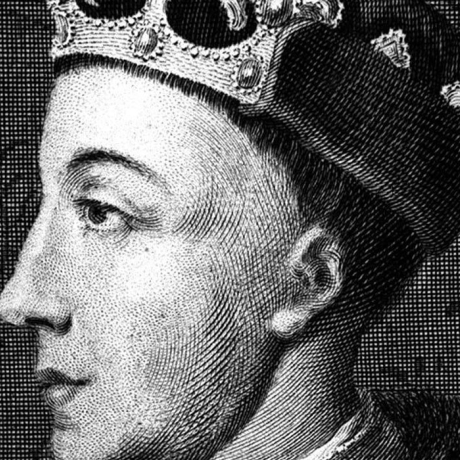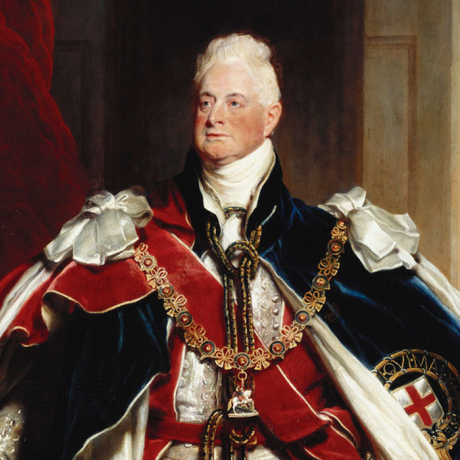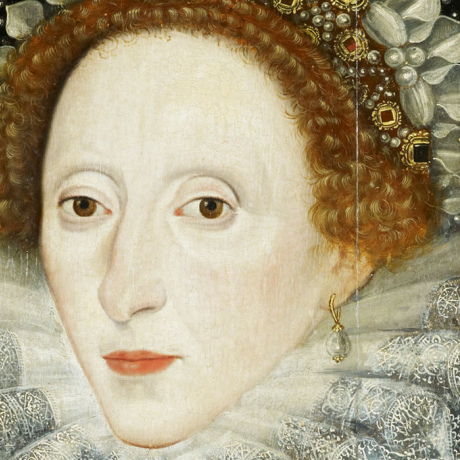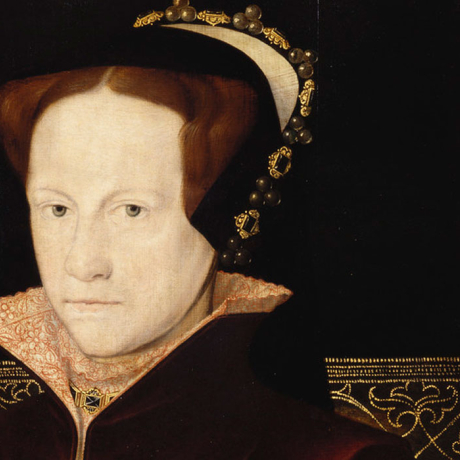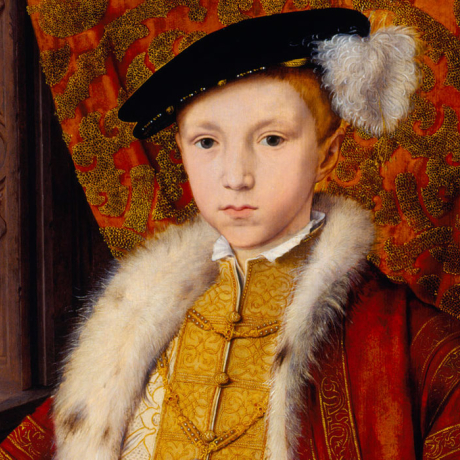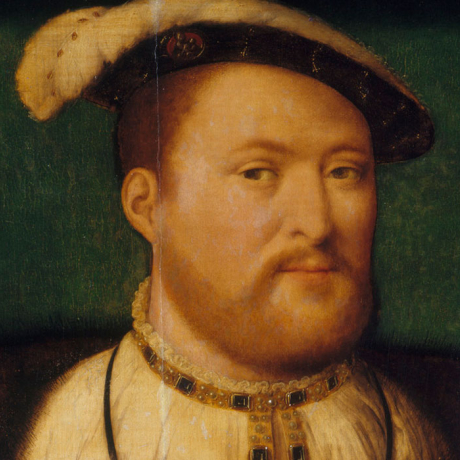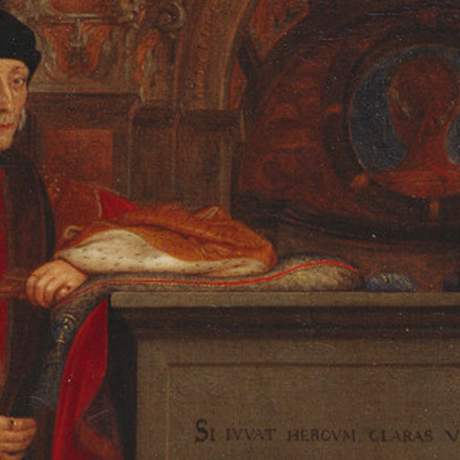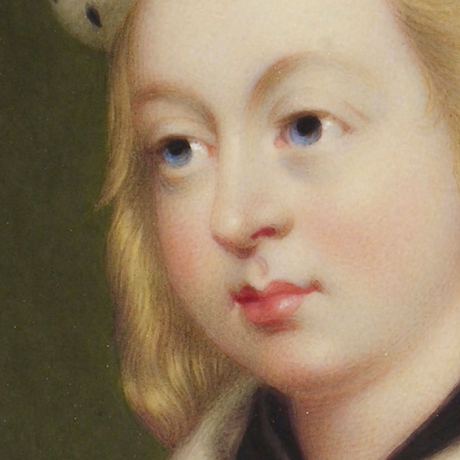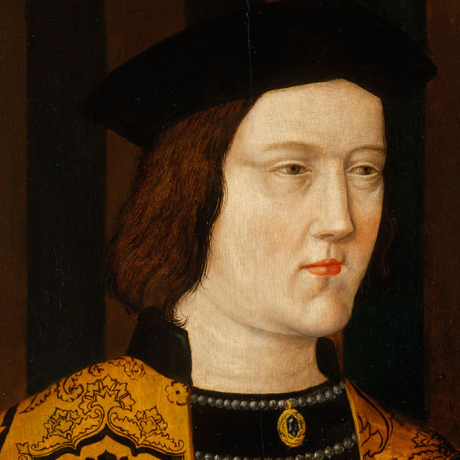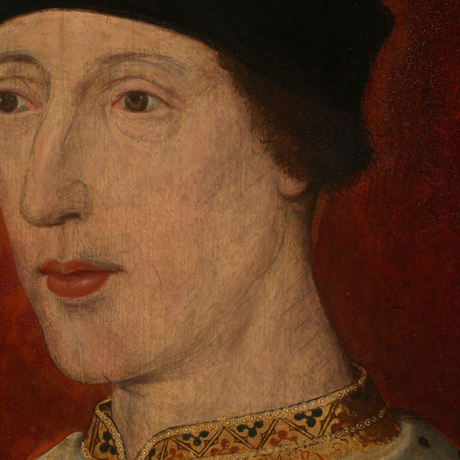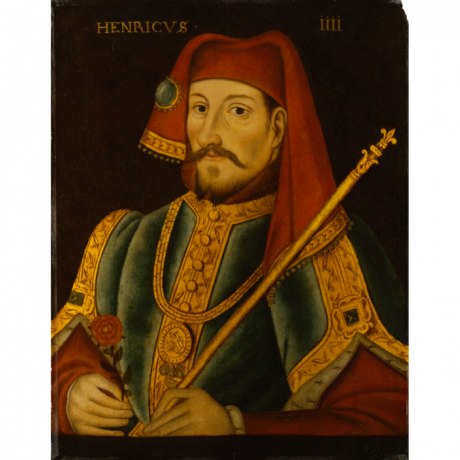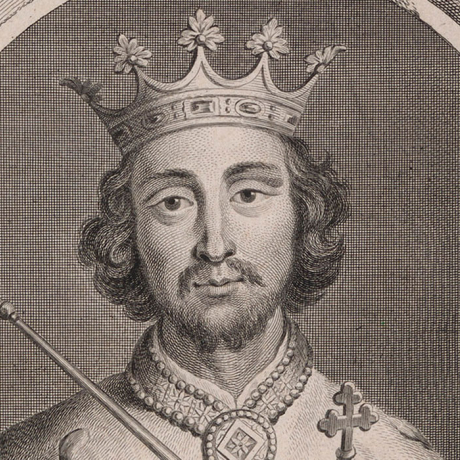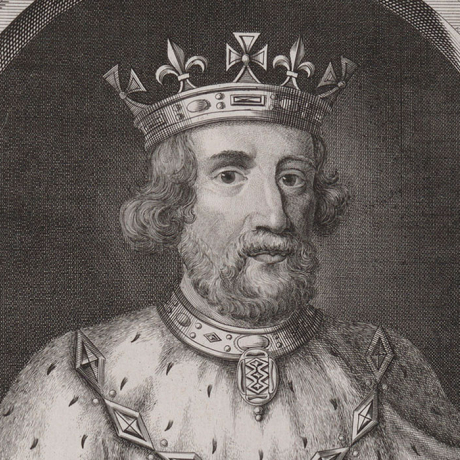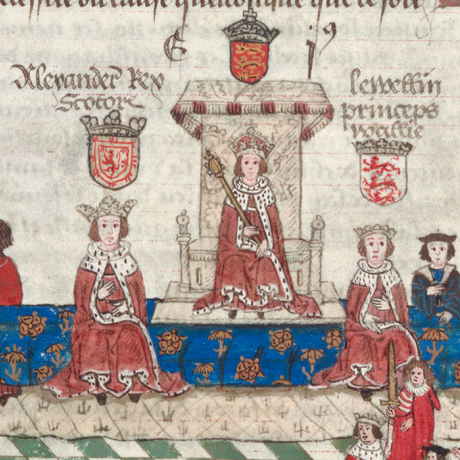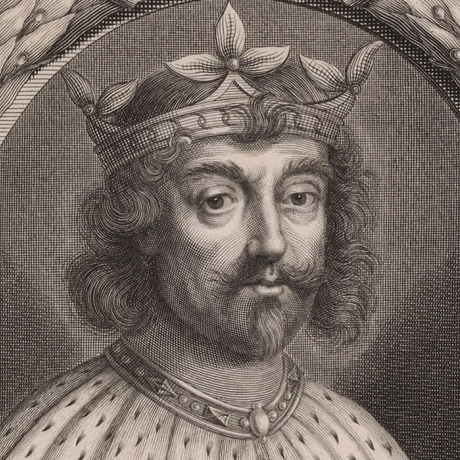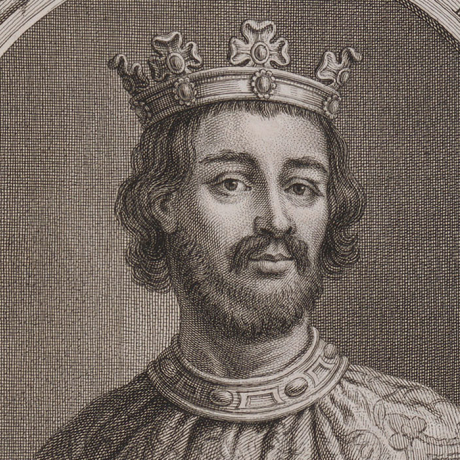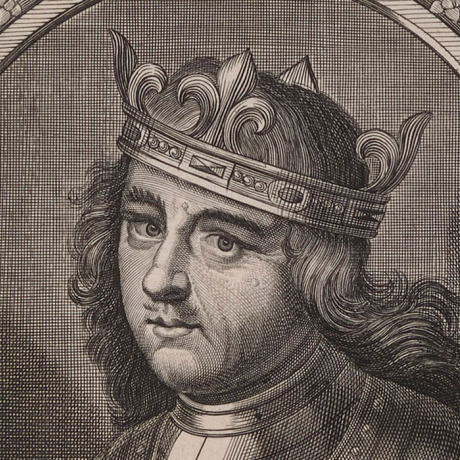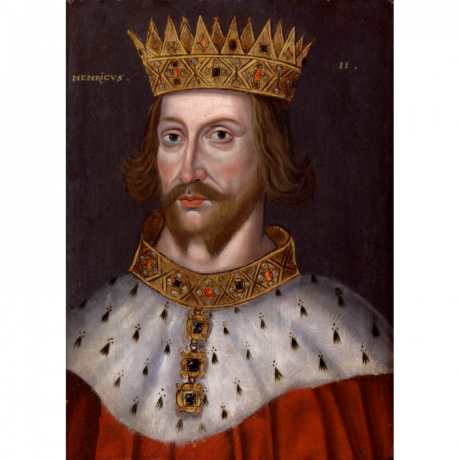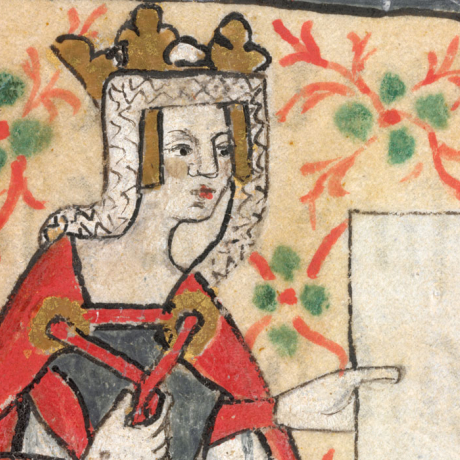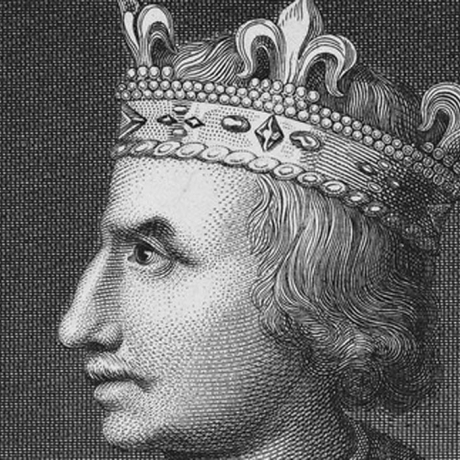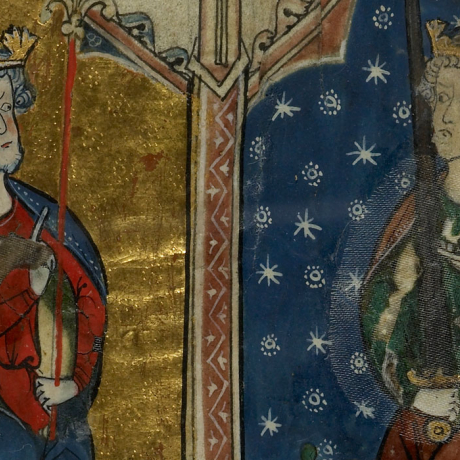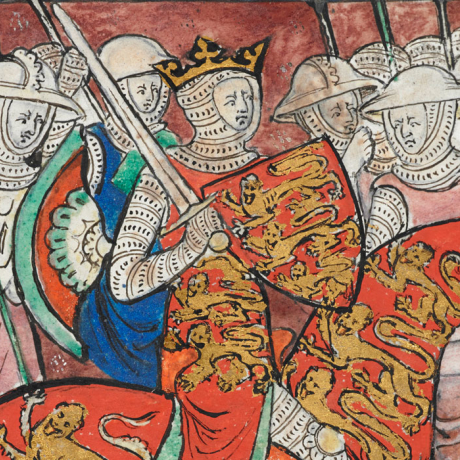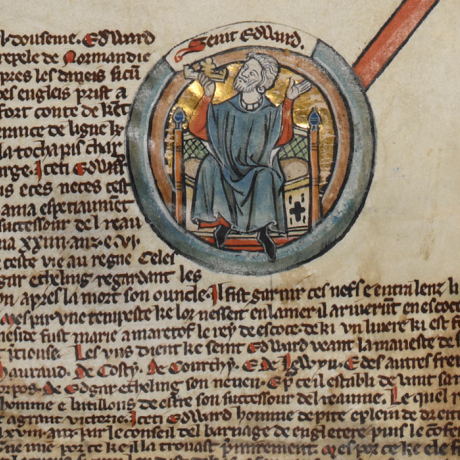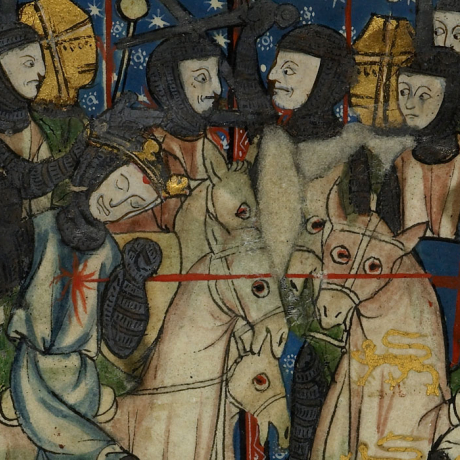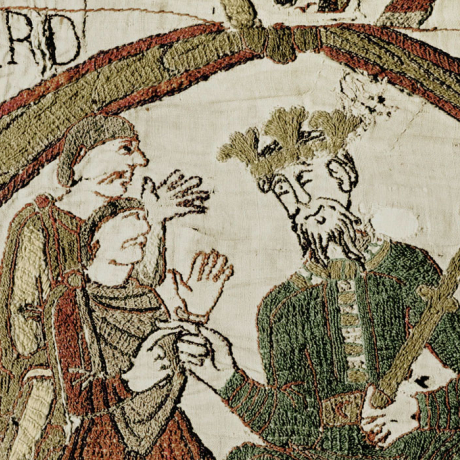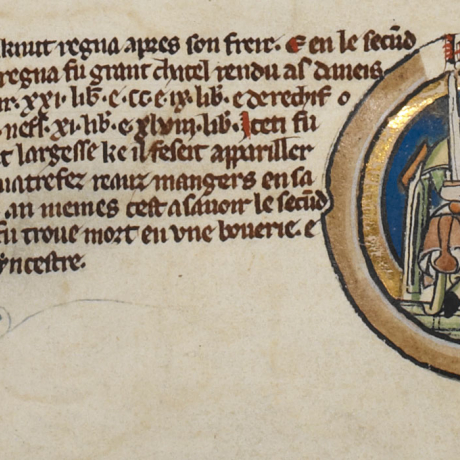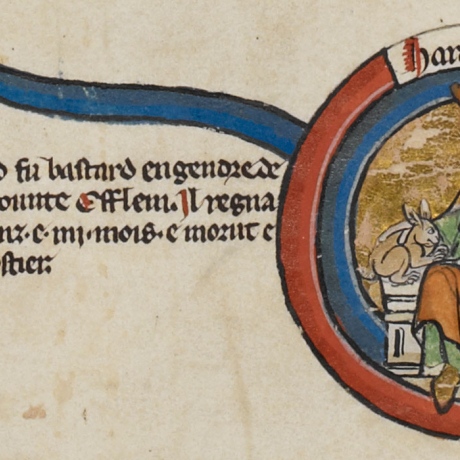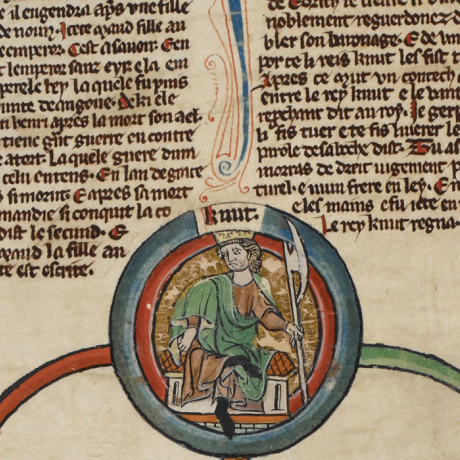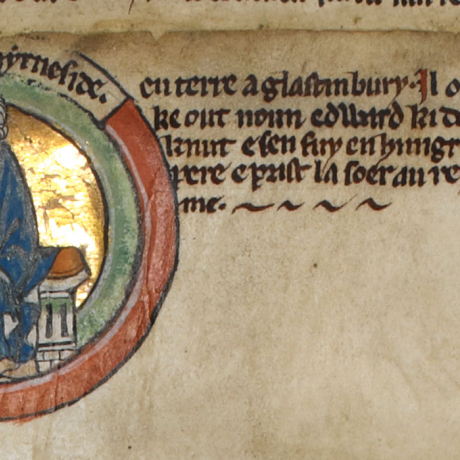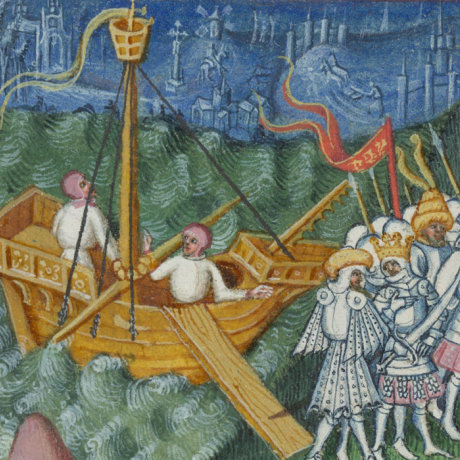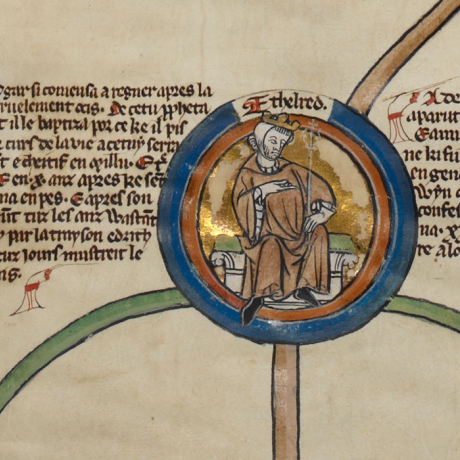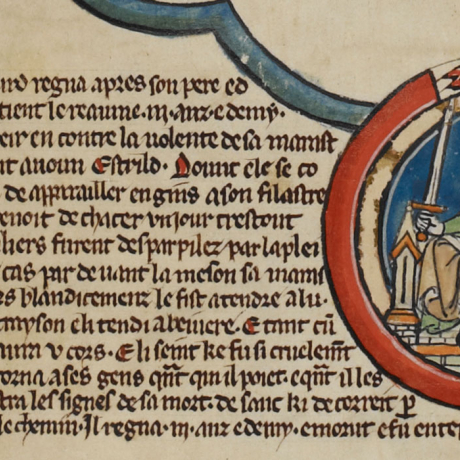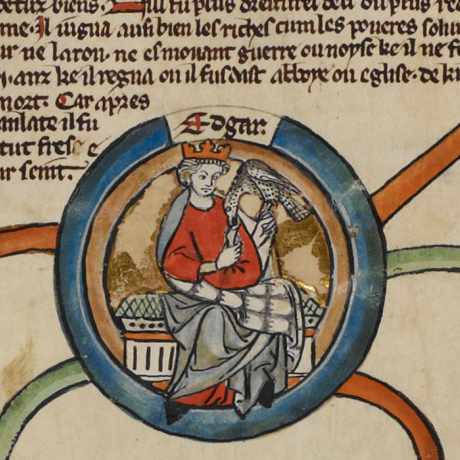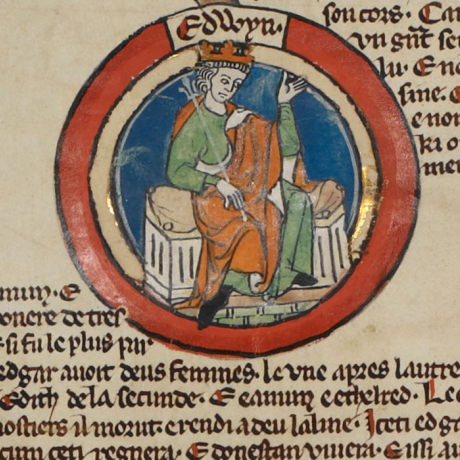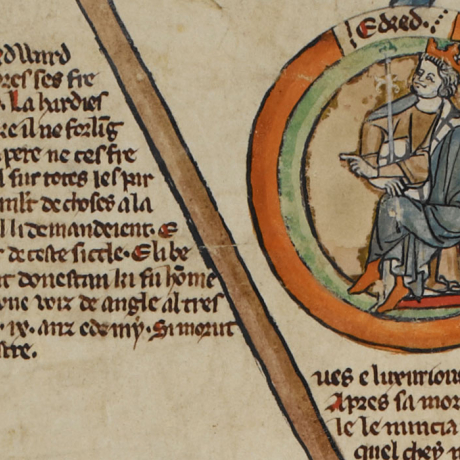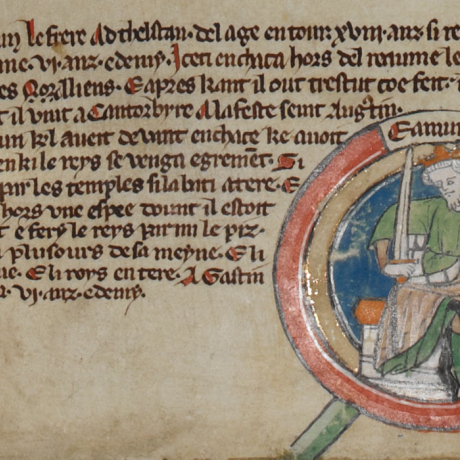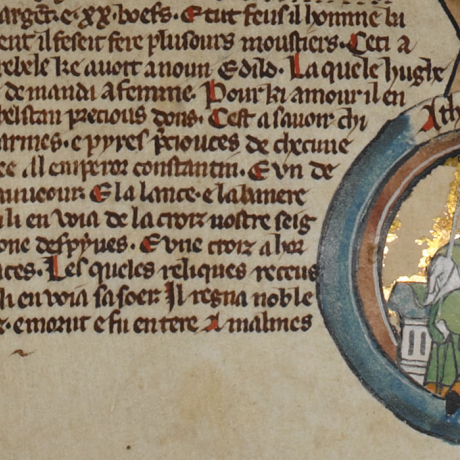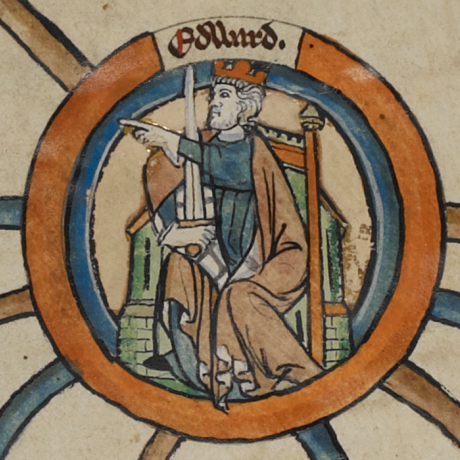Stern and ruthless, Henry was a brilliant general who had gained military experience in his teens, when he fought alongside his father at the battle of Shrewsbury in 1403.
Soon after his accession, Henry V laid claim to the French crown. In 1415, Henry set sail for France, capturing Harfleur. His offer to the French Dauphin of personal combat (Richard I and Edward III had made similar offers in their time) was, like those of his predecessors, refused; he went on to defeat the French at the Battle of Agincourt.
In alliance with unreliable Burgundy and assisted by his brothers, the Dukes of Clarence, Bedford and Gloucester, Henry gained control of Normandy in subsequent campaigns. By the Treaty of Troyes (1420), he gained recognition as heir to the French throne, and married Charles VI's daughter Catherine.
Well-educated, Henry had a particular interest in liturgical music; he gave pensions to well-known composers of his time, and a hymn of praise to God, which he ordered to be sung after Agincourt, still exists. However, Henry's success was short-lived and he died of dysentery in 1422 in Bois de Vincennes, France. His son, Henry VI, was just 9 months old when he became King.

